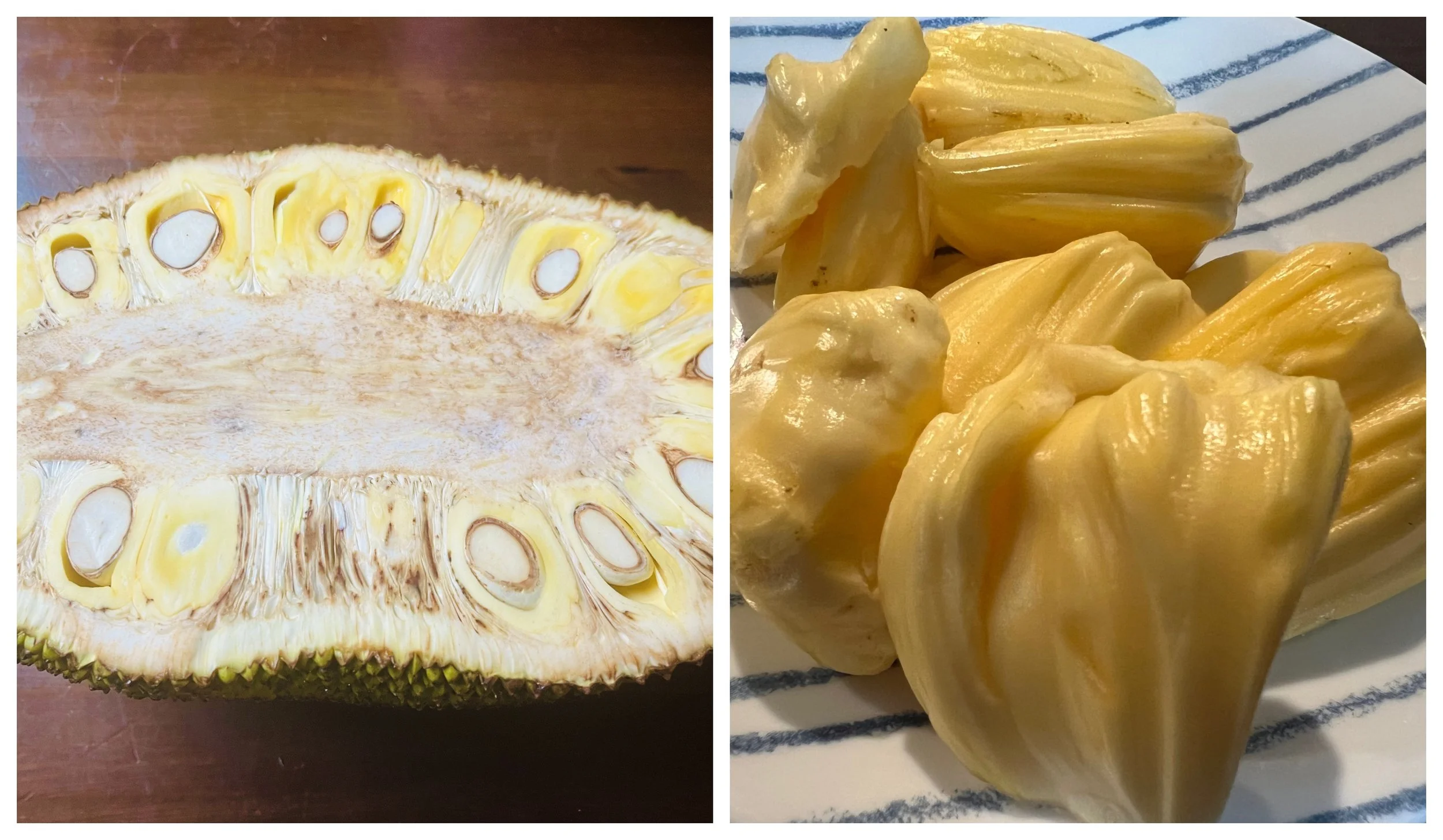Fennel—Foeniculum vulgare

Fennel is a very popular aromatic plant belonging to the family Apiaceae and it is related to dill, anise, cumin, and caraway. It has been used for both culinary and herbal applications. This herb originated in the Mediterranean region and is now cultivated worldwide. Fennel is prized for its chemical components that have been used in traditional medicine. It has been popular as an agent used to increase the production of Breast milk. The shoots, stems, leaves, and seeds are all used in different applications. In this discussion we will elaborate on the science behind this herb.
Composition:
Fennel seeds contain phenolic compounds and volatile oils (i.e—anethole, estragole, fenchone, eucalyptol, limonene, etc.). Estragole contributes to the sweet flavor in fennel.
Fennel has a good amount of potassium, calcium, phosphorus, and sodium. It is also rich in fiber, vitamins, fatty acids (both monounsaturated and polyunsaturated fatty acids) and essential amino acids.
Some traditional applications:
Fennel is used as a flavoring agent in food secondary to the essential oils.
It also has applications as an agent that helps with digestive disorders like dyspepsia, bloating, and flatulence. It is also used to help with appetite and aid in digestion and can be eaten after a heavy meal.
Fennel is also known to help as an analgesic and antipyretic.
Fennel, secondary to its content of volatile oils and phytonutrients, also has anti-inflammatory and antioxidant function.
In experimental models with lab animals with inflammation and necrosis, fennel extracts showed anti-inflammatory properties.
Fennel also seems to have anti-bacterial and anti-viral properties.
In experimental models, Fennel seems to help in increasing the production of breast milk. It functioned as a galactagogue without increasing the serum prolactin in breastfeeding mothers. However, it must be noted that excessive use did result in toxicity to the breast-fed infants and therefore must be used with caution and under the supervision of a certified medical professional.
In the above discussion we have elaborated about the properties of fennel and its various applications. I think that organic versions are always safer than plants treated with chemicals. Fennel must be viewed as a food and not as a replacement to traditional agents given to you by your medical professional. As always, I wish that you keep your health in center focus and live long and strong!


































